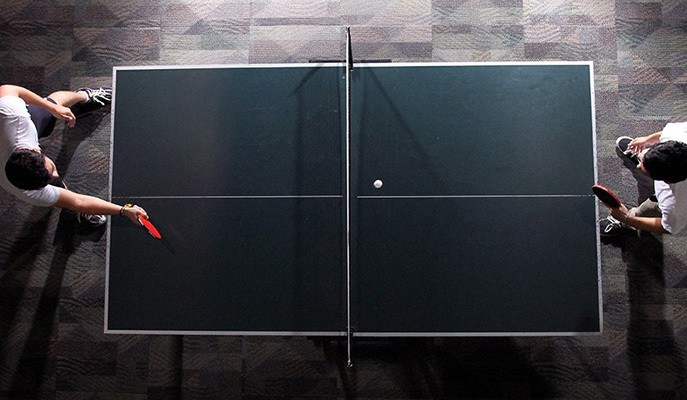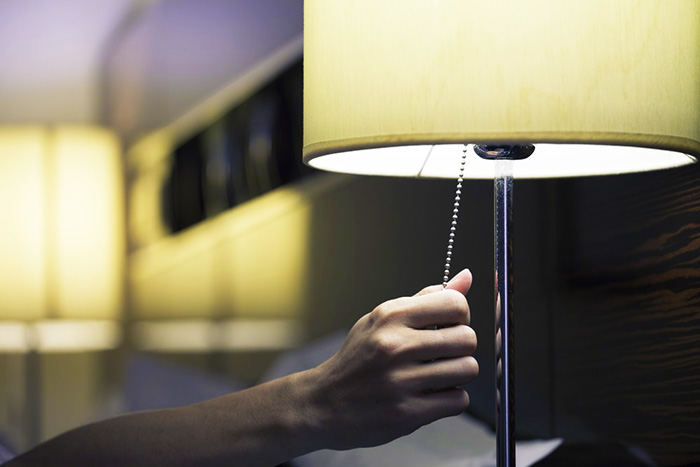The modern-day bedroom is teeming with all kinds of things that give off light — from television, computer monitors, clock radios to smartphones. So in other words, most people no longer spend their time in dreamland in complete darkness, which is what’s highly recommended by sleep experts and doctors in general.
In this article, you will come across some pieces of information on why it is definitely a good idea for you to sleep with any light eliminated — not just the one that’s coming from a light bulb installed in a ceiling fixture or table lamp, but also the kind coming from elsewhere including outside the window.
Make sure that you repost this afterwards so that everyone you care about may realize, too, that sleeping with the lights off can come with so many different health perks.
Our Ancestors Set the Norm
Before we discuss why most of today’s bedrooms can rob everyone of the opportunity to enjoy restorative sleep, let’s travel back to the time when our ancestors had no access to artificial light sources.
Millions of years ago, our ancestors depended on light sources that Mother Nature lovingly provided them with — the sun, moon and stars. At daytime they had the sun helping them see the animals they’re hunting, and at nighttime they had the soft glow of the moon and stars to lull them to sleep.
Such went on for hundreds and hundreds of years, and it was inevitable for this pattern to be programmed to the biological makeup of human beings.
Light Affects Melatonin Production
It’s important for us to tackle a type of hormone that is responsible why you are awake at certain times of the day and asleep at other times.
According to health authorities, your sleep-wake cycle is mediated by what’s referred to as melatonin. This hormone is manufactured and secreted by your pineal gland (also sometimes known as pineal body) that is situated right in the center of the two halves of your brain.
The levels of melatonin in the body peaks at night — when the body senses that the sun has already set, it instructs the pineal gland to produce and release more melatonin to induce sleep.
Your Pineal Gland Gets Confused
Alas, your bedroom may be keeping your body from getting enough melatonin at night. That’s because the absence of the sun is replaced by a plethora of light-emitting stuff.
Light bulbs, TV sets, desktop computers, laptops, clock radios, smartphones — all of these things can disrupt normal melatonin production at night. Even that pesky lamppost just outside your window can keep your body from obtaining all of the melatonin it needs at bedtime.
With an inadequate amount of melatonin coursing through your bloodstream, your sleep-wake cycle can become disrupted, keeping you from obtaining a restorative kind of sleep.
Lack of Sleep is Not the Only Problem
Everyone knows the importance of getting 7 to 9 hours of sleep per night. Otherwise, all sorts of issues can come into being. Needless to say, it’s important to keep one’s sleep-wake cycle working like a well-oiled machine.
According to scientists, sleep issues resulting from a disruption in the production of melatonin can cause more serious issues than just insomnia. Based on numerous studies, it’s something that can also be blamed for weight gain and depression. One’s reproductive health may be placed on the line, too. Experts say your risk of battling deadly cancer one day may also be considerably increased.
So in a nutshell, sleeping with the lights off is definitely a good idea. Making your bedroom devoid of light as much as possible can help you get much-needed sleep and also keep your good health intact.








